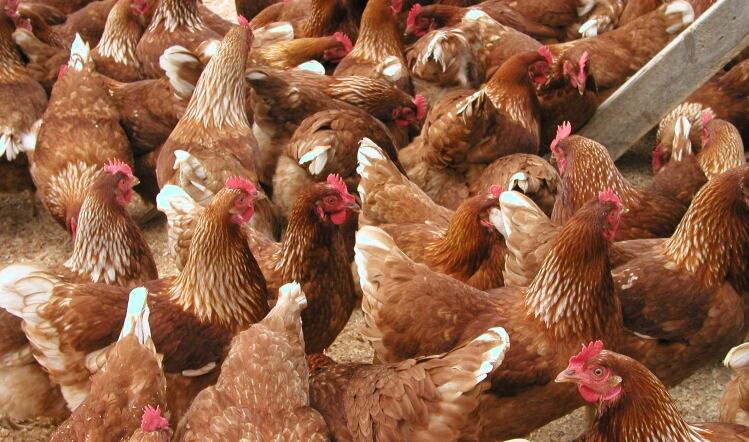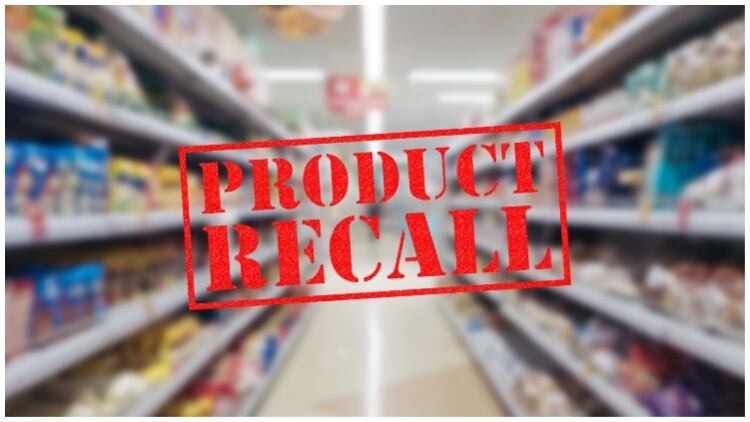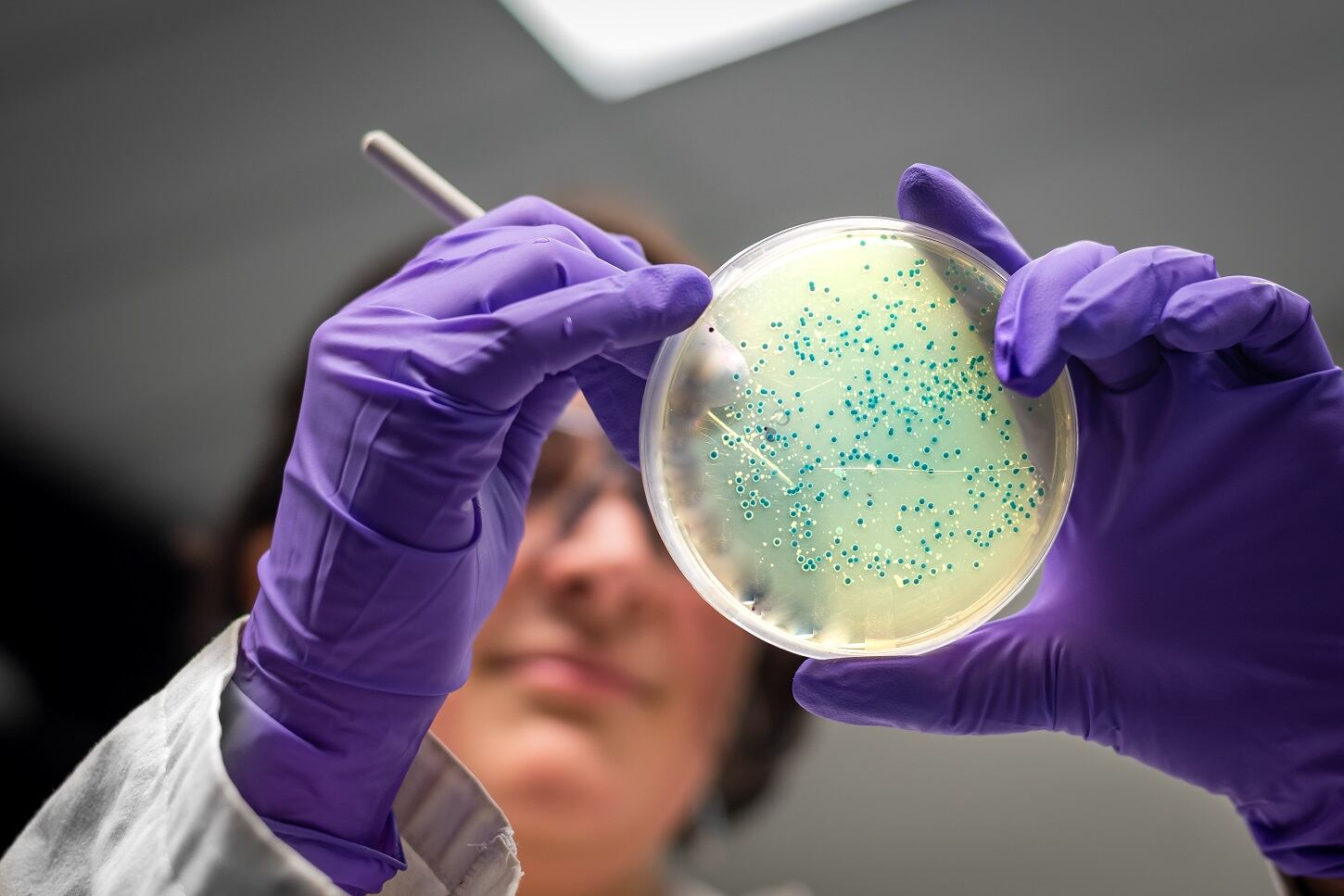The comments followed an investigation led by The Bureau of Investigative Journalism (TBIJ) that found Polish meat supplier SuperDrob had sourced chicken from factory farms that used medicines classified as “critically important” to human health.
SuperDrob was also linked to a fatal salmonella outbreak in 2020 and at least 15 salmonella contaminations were linked to poultry supplied by the company in the 18 months that followed.
GFSI-recognised certification
The outbreak, and the five deaths that came as a result, occurred despite a growing number of businesses that have achieved Global Food Safety Initiative (GFSI) certification – according to the FAIRR Protein Producer Index, three quarters of companies now have some level of GFSI-recognised certification.
“Today's latest news reveals the very real risks to humans posed by the everyday use of antibiotics in the protein supply chain,” said FAIRR director of Thematic Research & Engagements Jo Raven.
“Antimicrobial resistance poses both a global risk to public health and a financial risk to investors in meat producers and retailers. As FAIRR’s Protein Producer Index has shown, this risk continues to rise despite the growing number of companies with Global Food Safety Initiative recognised certification.
Stronger regulations necessary
“With approximately 70% of antibiotic use occurring in animal agriculture supply chains, it's clear that stronger regulations, and stricter enforcement, will be necessary to ensure food safety and responsible antibiotic use in the protein supply chain.”
TBIJ tested samples of waste collected from a number of Polish poultry farms that have supplied SuperDrob and discovered bacteria – including E.coli – resistant to antibiotics known as fluoroquinolones used to treat salmonella infections. In some instances, samples were also found to be resistant to multiple drugs.
“As the UK revises its veterinary medicine regulations post-Brexit, there is a real opportunity for the government to increase its ambition and help avoid a repeat of this tragic outcome,” Raven concluded.
Meanwhile, global antimicrobial use in animals could increase by 8% by 2030 if stronger restrictions aren’t applied worldwide, according to a new report.





